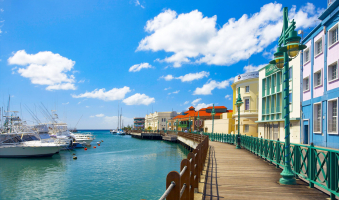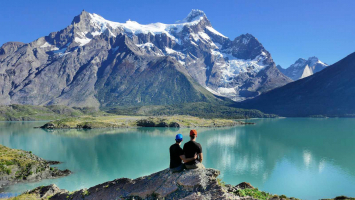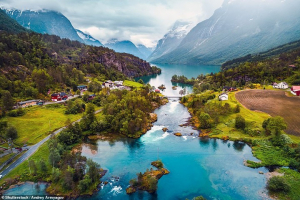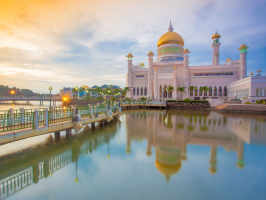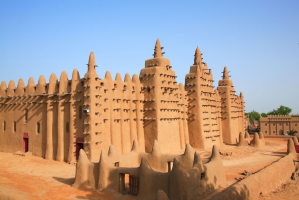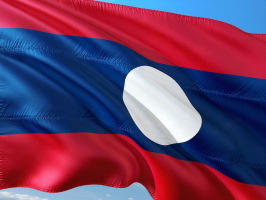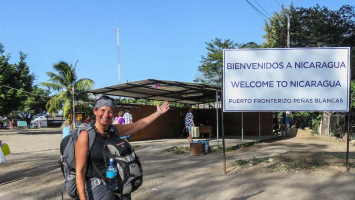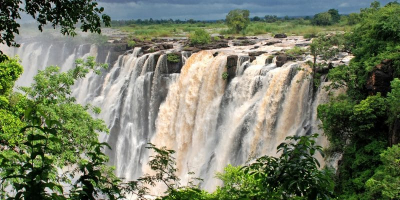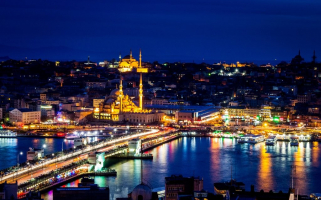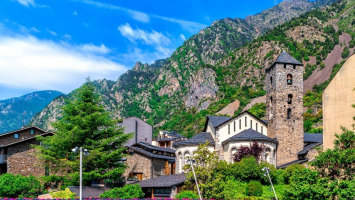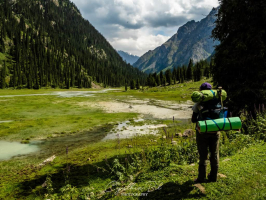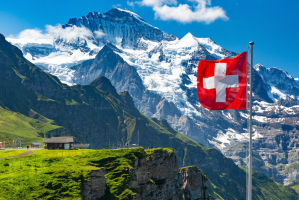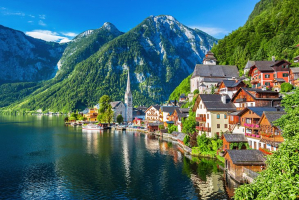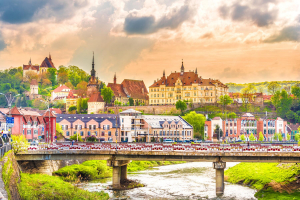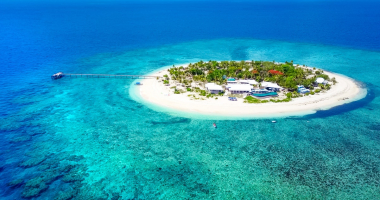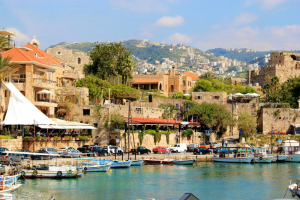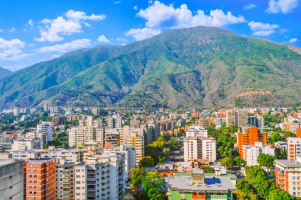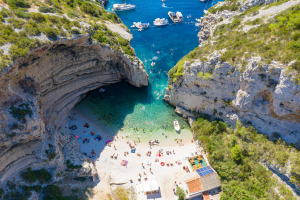Top 10 Things About Benin You Should Know
Benin is a country in West Africa that covers 112,622 square kilometers (43,483 square miles) and is roughly the size of Pennsylvania. Previously neglected as ... read more...a vacation destination, this key-shaped country is coming into its own, owing to great transportation links, a variety of inexpensive and colorful lodging options, and a booming ecotourism business. With palm-fringed beaches, a large and gorgeous national wildlife park, and a vibrant capital city, it's easy to understand why it's gaining popularity. Interested in visiting here? Before you go, read up on these Things About Benin You Should Know.
-
Wheather is one of the Things About Benin You Should Know. Benin's climate is tropical, with a dry season in winter and a rainy season owing to the African monsoon, which spans from May to September in the extreme north and from mid-March to October in the south. The rainy season comes to an end along the coast in August. Precipitation is less than 1,000 millimeters (40 inches) a year in the extreme north, where the dry season lasts nearly seven months, and ranges between 1,000 and 1,300 mm in the rest of the country (40 and 51 in).
During the summer, residents of Benin wear bulky winter jackets. That is one of the travel warnings you should know before visiting Benin. Temperatures at Cotonou Airport persist at or above 26 degrees Celsius, especially after 10 p.m. That is most likely one of the most humorous travel advisories you will encounter if you visit Benin. It may appear silly that you are caught in the winter cold without suitable attire. It's cold here in August, with temperatures as low as 20 degrees Celsius. Nobody wants to leave the house at this time of year unless absolutely essential. To prepare for this event, always bring thick clothing when you visit Benin.
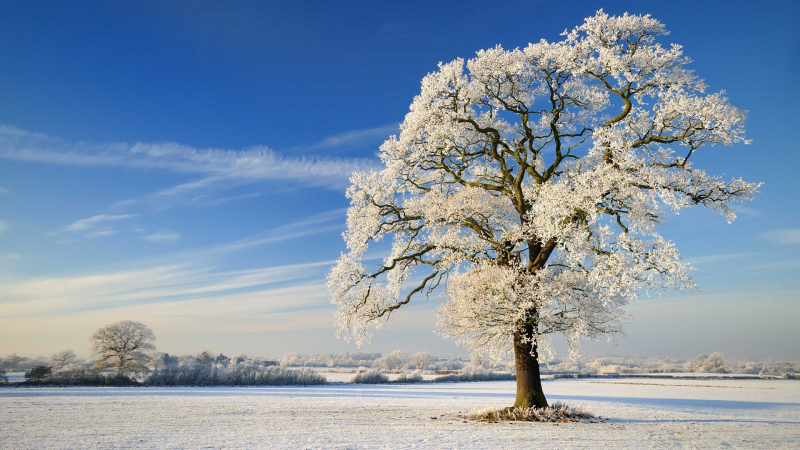
treehugger.com 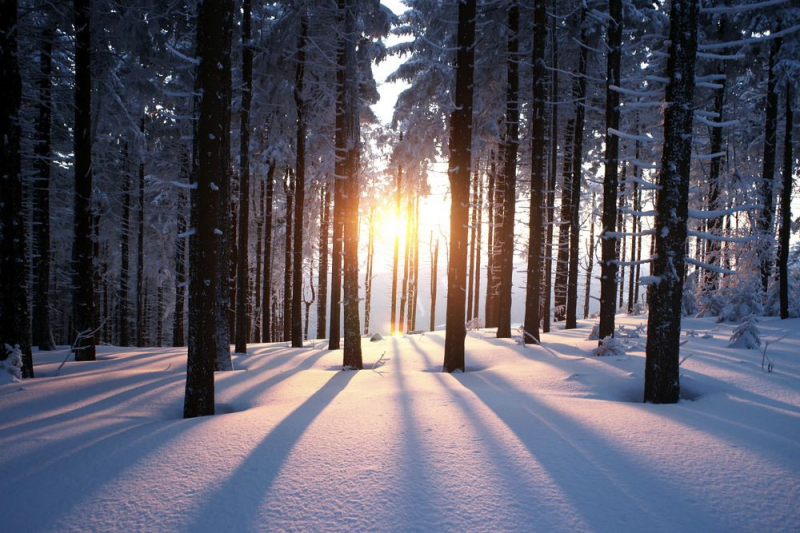
treehugger.com -
Without a doubt, Benin is the birthplace of Voodoo. One of the fascinating facts about Benin is the voodoo cradle. The natives have given the area the name Vodun, which means "spirits." The five divine elements that regulate the entire universe are at the heart of Voodoo. I'd want to stop you right there before you start thinking dark magic and voodoo dolls. The ceremonies held here do not mirror the warped picture typical in Hollywood films in America and Europe.
The worship of the snake practiced here is one of the key characteristics that many people would find unsettling and frightening. Allada, the progenitor of Kings, created this religion in the 13th century. Later, slave ships from West Africa brought voodoo to the Caribbean and Brazil. Only one country in the world recognizes voodoo as an official religion, and that is Benin. Vodun is widely used in Benin, where it coexists peacefully with Muslims and Christians. People here think that no matter what God we worship, we can always live in harmony with one another.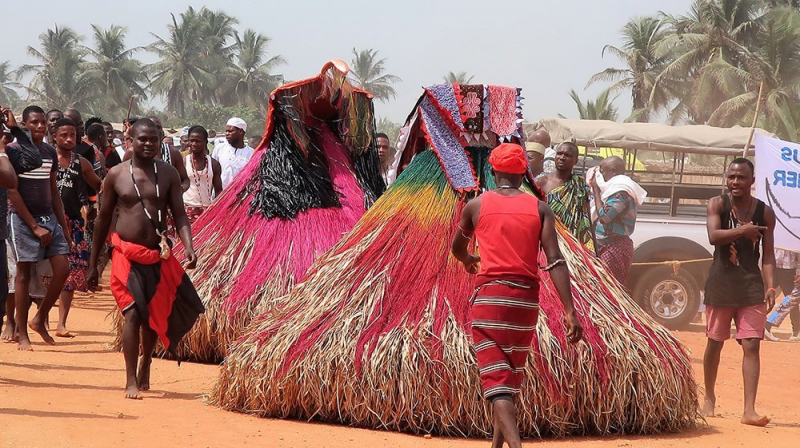
griotmag.com 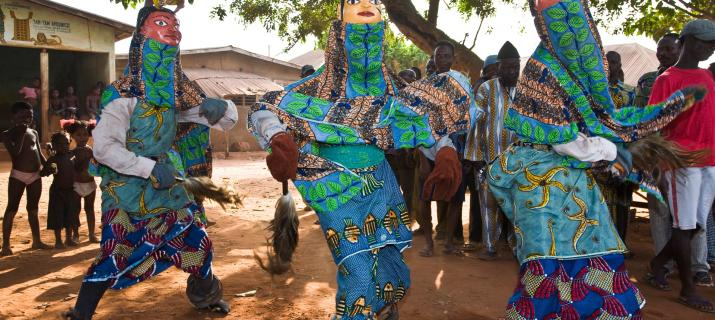
griotmag.com -
Photography is one of the Things About Benin You Should Know. People in this town feel that photography takes a piece of the soul. Some may regard this as an outmoded superstition. Respecting the views of others will propel you to greater heights. Always ask for permission to shoot images from a distance, and avoid taking clear face shots. That is an erroneous dread derived from Voodoo and animism. A curse or magic can be cast using personal artifacts such as clothing, hair, blood, or nail clippings.
As a result, it's not a stretch to believe that images made through photography can also be utilized for similar objectives. Taking close-up shots or creating portraits in Benin is a major difficulty. In general, shooting and publishing images in and from public spaces is legal without asking, but taking photographs in private spaces needs approval. Selling a photograph typically needs the approval of the people in the shot.
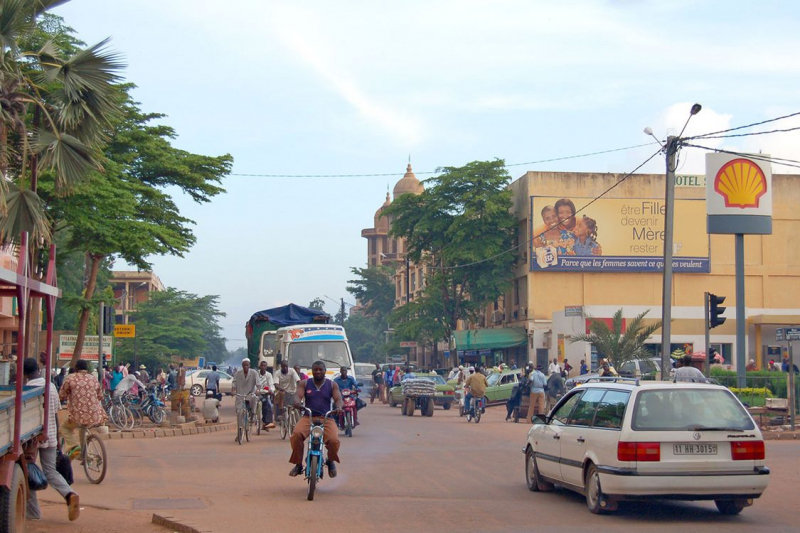
nouvelles.umontreal.ca 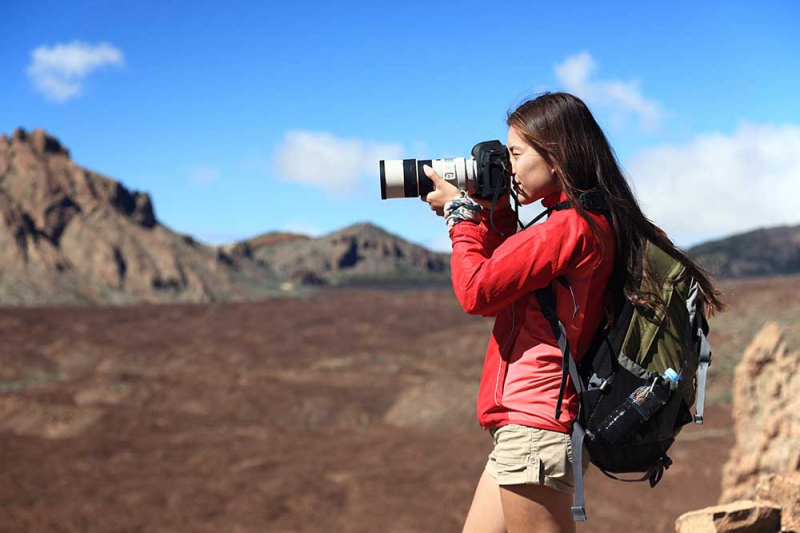
nouvelles.umontreal.ca -
Cotton is considered gold in Benin and is one of the Things About Benin You Should Know. In Benin, a small West African country that gets 80 percent of its export earnings from cotton, life revolves around the planting and harvesting of that crop. During the weeks of harvest, dilapidated trucks heaped impossibly high with white fluff roar past every few minutes in Benin's greatest producing district of Banikoara. Just as hunting is ingrained in the communal character of the native Bariba people, cultivating "white gold" has recently defined the community's identity. The cotton boom in Banikoara began long before the environmental consequences of producing the cash crop were recognized. Residents refer to the crop to explain why temperatures are rising, there is less rainfall than previously, and all wildlife has vanished, including the elephants that drew the area's initial population.
Cotton is a widely utilized material, particularly in the fashion sector. As a result, there is a good probability that the garments sold here are made entirely of cotton. You'll be amused once you see the quality of clothing here. They are composed completely of cotton and are of exceptional quality. The attire in this city is particularly colorful and lively. Women's fashion, in particular, is notable for what they can do with a single piece of fabric. You may go to Benin with your Benin e visa and get lost in the country's colorful, stylish apparel!
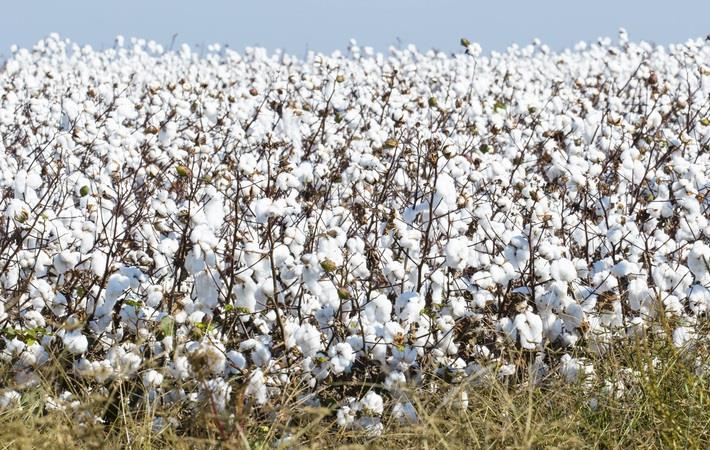
fibre2fashion.com 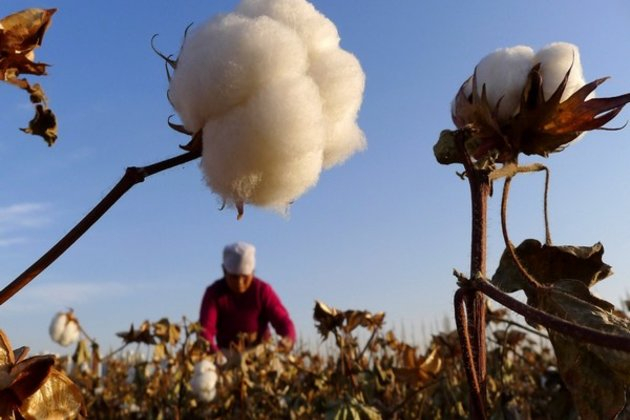
fibre2fashion.com -
In Benin, a white person is referred to as yours. Do not be offended if you hear this statement; it is not disrespectful and is just the standard here. Most of the time, a white person traveling around Benin streets will hear this phrase. Because of the friendly character of the Benin people, they will yell at you from a distance to smile, wave, or converse to you. You may observe children who are afraid of you because you are white. When you visit their nation, the majority of them will greet you with a wave and a grin.
People will address you as "yovo" if you appear to be a foreigner. Yovo is a term in Fon (Benin's most widely spoken native language) that signifies "foreigner" or "someone with white skin." If you've been to other African nations, you might be used to it. Though it may appear strange at first, it typically stems from a desire to be courteous. It's just that individuals show respect in different ways depending on their culture. If you spend any time in Benin, you will become acquainted with the song associated with foreigners (the yovo song). It is really irritating (REALLY INSULTING) and will be sung to you by both youngsters and adults. The song is taught in schools as a means for students to engage with outsiders. Literally, it implies something along the lines of "foreigner, how are you?" I'm OK, and how about you?" but it keeps repeating...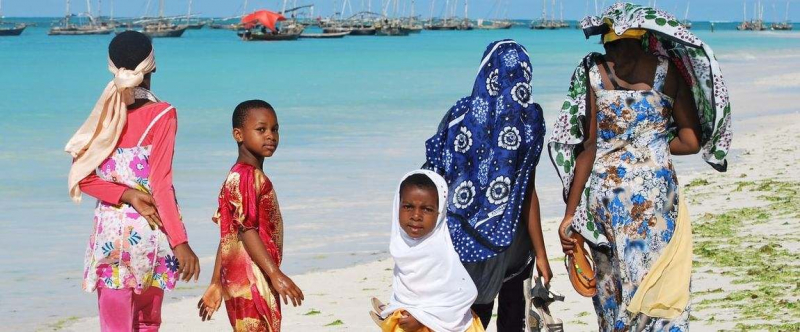
pickvisa.com 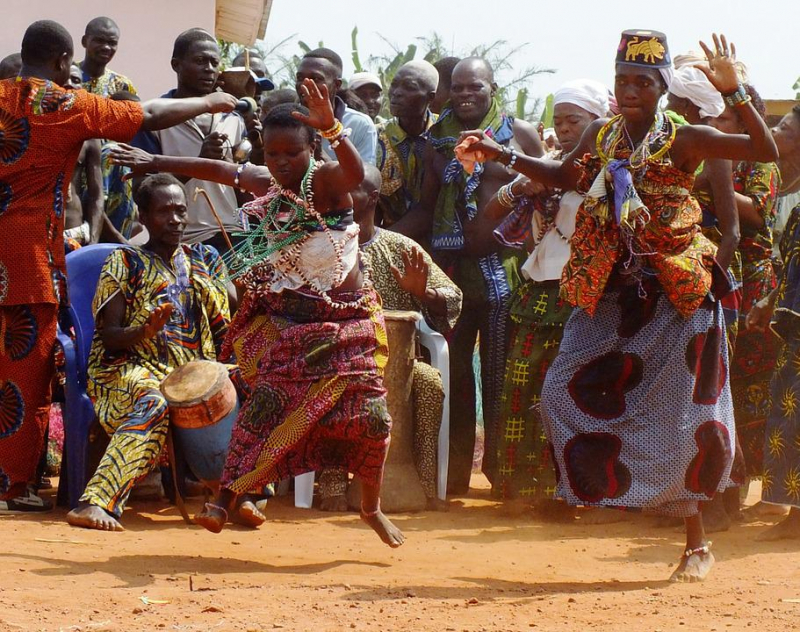
pickvisa.com -
It is best to examine a country's health recommendations before traveling there. Before traveling to Benin, be informed of the necessary vaccinations. While exploring might be fun, it can also be dangerous. Given the existing linkages between physical and mental health, it is essential to take care of yourself when visiting Benin. What vaccinations are advised before traveling to Benin? Dengue fever cases have recently increased in Calavi and Cotonou. There are continuing reports of cholera outbreaks. Cotonou is one of the major cities hit by this outbreak. Yellow fever vaccinations are among the required immunizations before traveling to Benin.
Benin has a universal healthcare system. The system, however, is underfunded, and medical care falls short of international norms. Despite the country's size, there are only four hospitals, and access to medical treatment is exceedingly limited. Hospitals in Benin are similarly understaffed, therefore patient wait times may be lengthy.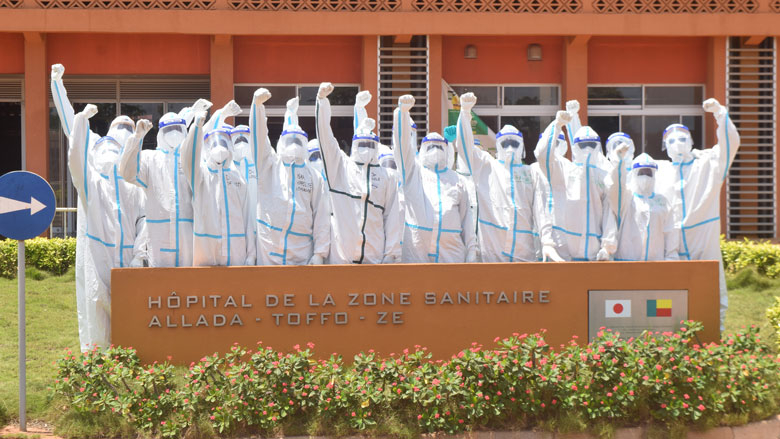
worldbank.org 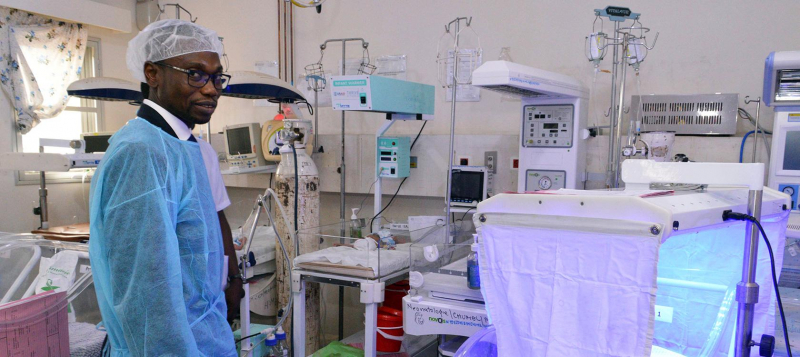
worldbank.org -
Food and drinks in Benin are one of the Things About Benin You Should Know. Anyone planning a trip to Benin should be informed that the majority of the water in the country, particularly in Porto Novo, is extremely polluted. Any water used to brush teeth, manufacture ice, or drink must be sterilized or boiled. Because the milk available here is not pasteurized, it is also advised to boil it before eating. It is best to consume canned or powdered milk to ensure safety. Stay away from any dairy products. Also, be certain that any fish or meat purchased has been completely cooked. Fruit peeling and vegetable frying are also vital.
The most prevalent component in southern Benin cuisine is maize, which is frequently used to make a flatbread that is eaten with peanut or tomato-based sauces. The most popular meats used in southern Beninese cuisine are fish and chicken, but cattle, hog, goat, and bush rat are also eaten. Meat is commonly cooked in palm or peanut oil. Rice, beans, tomatoes, and couscous are important basic foods as well. Mandarin oranges, oranges, bananas, kiwifruit, avocados, pineapples, and peanuts are widespread in this region. Yams are the major food in northern Benin, and they are frequently eaten with peanut or tomato sauce. The northern regions' populace consumes beef and pork meat, which is also fried in palm or peanut oil or prepared in sauces. Some cuisines also make liberal use of cheese. Couscous, rice, and beans are also popular, as are fruits including mangos, oranges, and avocados.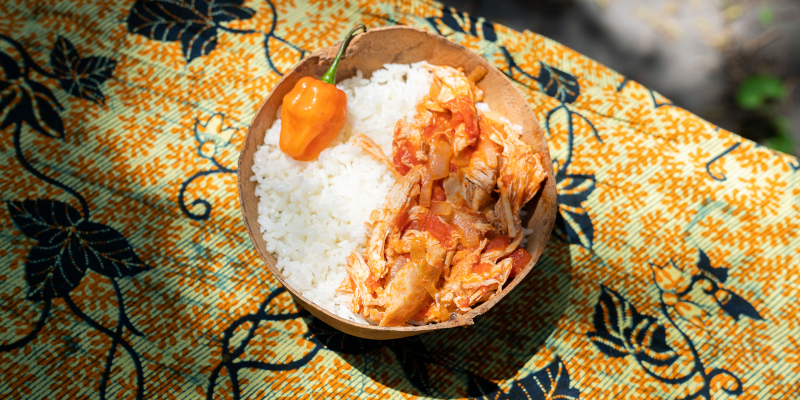
pickvisa.com 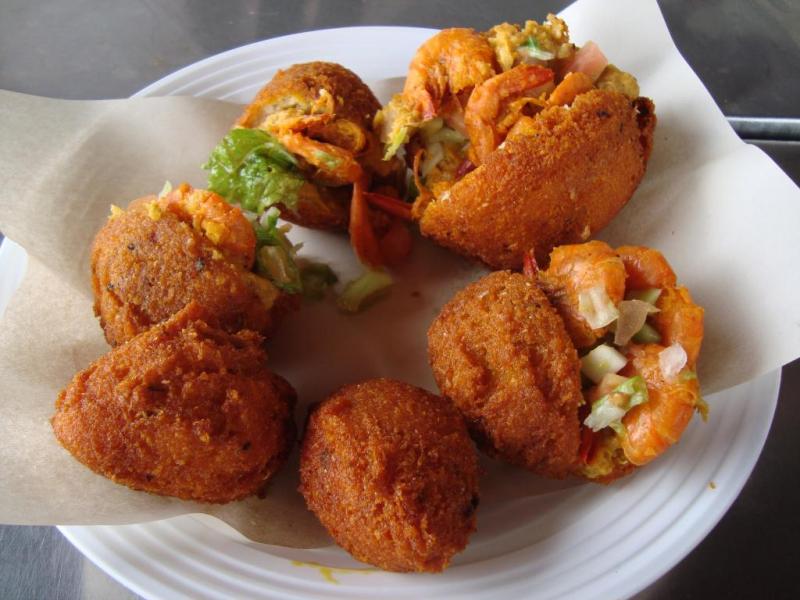
pickvisa.com -
When visiting Benin, especially in large towns like Porto Novo, you may encounter "zemidjans" often known as Zems in short, which are motorbikes that speed about cities. Zemi johns were the original word. Zems are one of the most intriguing aspects of Benin. In cities like Porto Novo, these are the sole alternatives offered to residents. A visitor who uses Zem can expect to spend extra. A short ride costs between 1500 and 2000 CFA. In Benin, zems are only used for short trips; for longer routes, a bush taxi is regarded as more affordable. This is one of the most important travel tips before visiting Benin.
Benin's roadways have seen significant improvement in recent years. There are plans for a new international airport with related roads, and other initiatives to improve conditions in the more rural sections of Benin are underway. Contonou does not have a public transit system, hence many Beninese rely on bicycles, mopeds, motorbikes, and zemidjans (moped taxis). In the interior, buses and bush taxis are available. These are not always safe or well-kept. Transport and freight trucks that are poorly maintained and overloaded regularly break down and cause accidents. Drivers frequently place branches or leaves on the road to signify the presence of a broken-down car.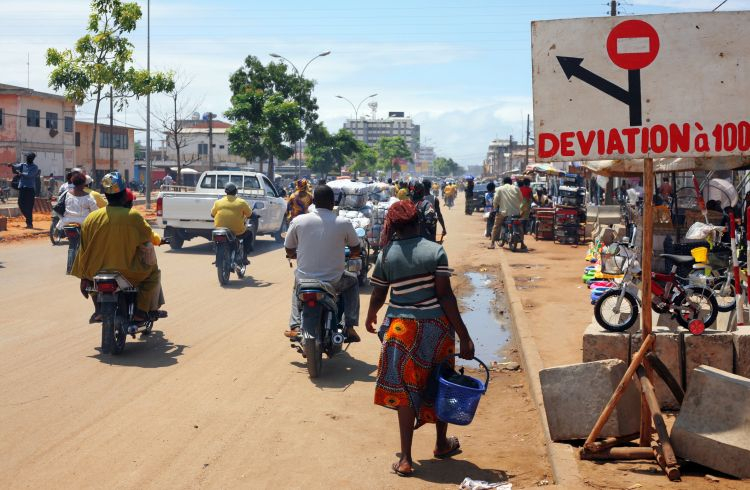
worldnomads.com 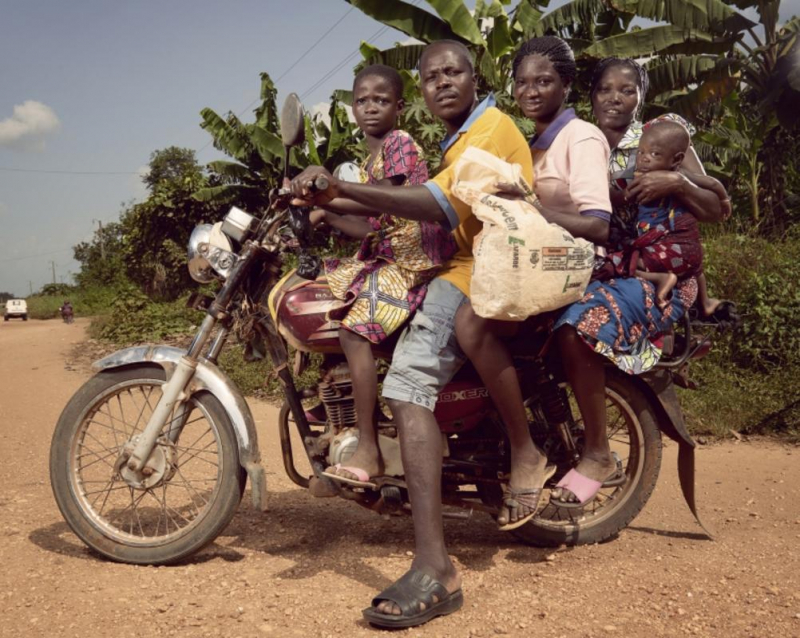
worldnomads.com -
If you need to go somewhere quickly, hitchhiking may not be the greatest option. This mode of transportation is as haphazard as it gets. Of course, there are many methods to expedite things, but depending on strangers' charity demands patience and, more crucially, the knowledge that other drivers owe you nothing. Remember, no matter how long you wait, the ride will arrive eventually, so no need to worry or sweat.
If you intend to hitchhike in Benin, you may wind yourself stopping hundreds of bush taxis. Once again, it appears that the majority of long-distance vehicles are bush taxis, and you will be asked to pay the same as everyone else. If you are truly vagabonding in Benin, your best bet will be hitching with large trucks. Fortunately, the distances aren't too long, so the slower speed of a truck shouldn't be a problem. Drivers, on the other hand, will demand a gratuity. To be fully honest, going across Benin in bush taxis is quite affordable and a great way to support local drivers and businesses! Find out where Benin is and have fun participating in these exciting activities.
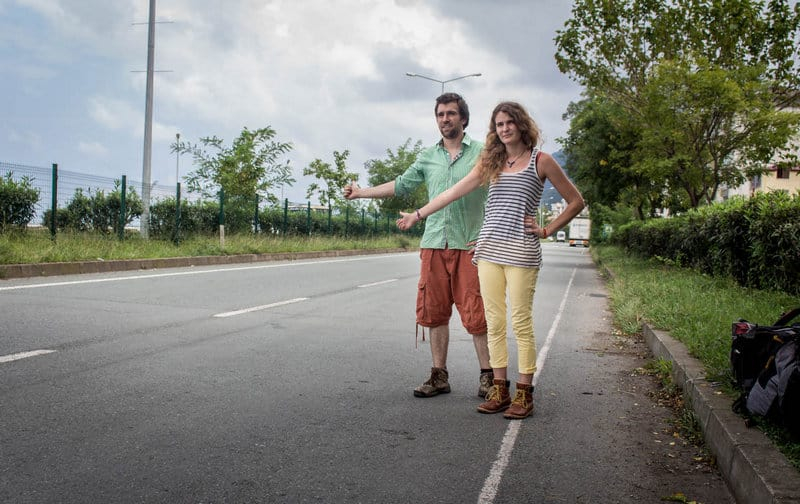
liveandletsfly.com 
liveandletsfly.com -
Is it easy to get drinking water in Benin? Drinking water is theoretically safe in cities such as Porto Novo and Cotonou. One of the key factors leading to the emphasis on recommended immunizations before visiting Benin is the availability of safe drinking water. Water outside of Cotonou may be unsafe to drink for unknown reasons. So the best thing to do is set aside monies to purchase drinking water. When buying drinking water, you have two options: water packaged in little plastic bags or bottled water. If you're visiting Benin for the first time, it's best to consume bottled water. The reason for this is because of the horrifying stories about polluted water in these little plastic packets.
People here have found various uses for these bottles of purchased bottled water. So, if you drink your water and no longer require the bottle, you may ask anyone nearby if they would like to use it. Finally, the finest free advice I can give you is to buy drinking water in stores on Benin's streets rather than in titles. This will allow you to save some money for your vacation to Benin.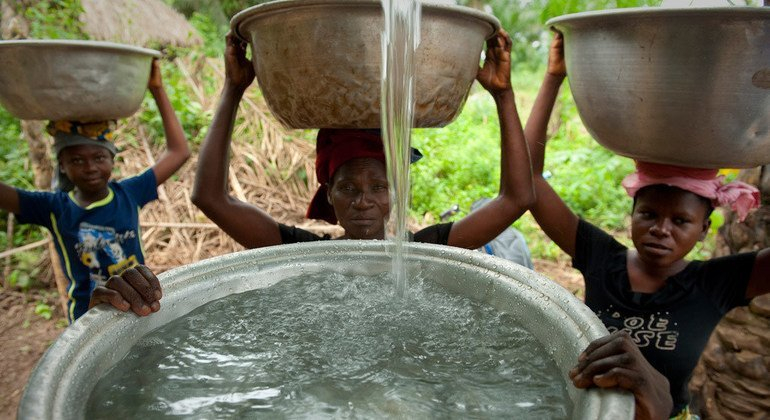
worldbank.org 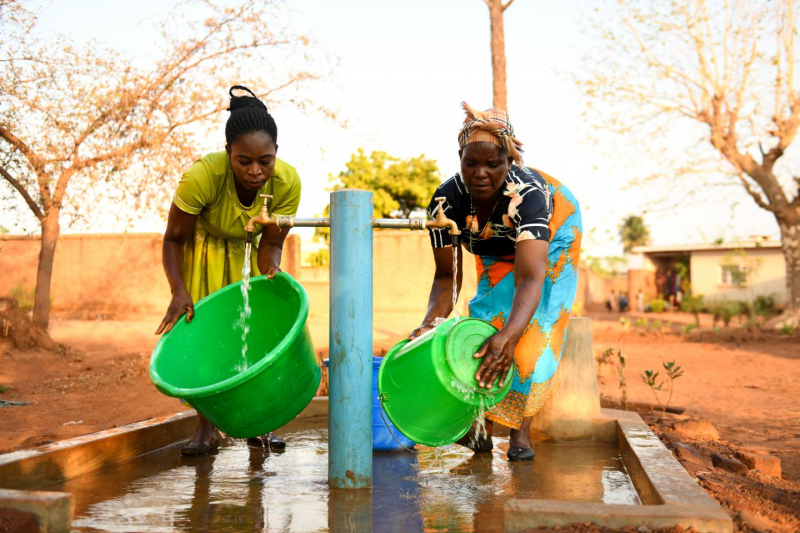
worldbank.org












